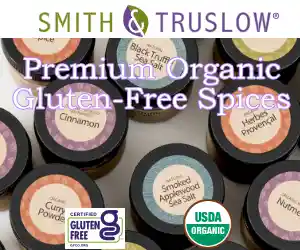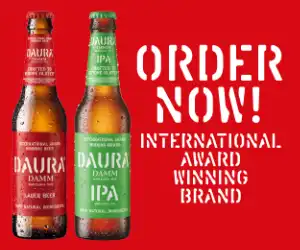-
Welcome to Celiac.com!
You have found your celiac tribe! Join us and ask questions in our forum, share your story, and connect with others.
-
Get Celiac.com Updates:Support Our Content
Gluten Free Beers
-
Get Celiac.com Updates:Support Celiac.com:
-
Recent Activity
-
- Tyoung replied to birdboyden's topic in Related Issues & Disorders4
Bile reflux with celiac
Hey! How is your daughter doing now? I am dealing with very similar issues! All started after going gluten free after being diagnosed with celiacs -
- larc replied to Jhona's topic in Meet Up Room13
Does anyone here also have Afib
Thanks for your thoughts on this. My reactions to gluten are complex and involve more than just my heart and arteries. The problems with what It does to my cardiovascular system do present me with a bit of a conundrum at times. For instance, I had cardio bypass surgery in 2002 (at age 53) and then again had angina and artery issues in 2006. At the same time... -
- trents replied to Jessica H's topic in Celiac Disease Pre-Diagnosis, Testing & Symptoms5
Help Interpreting My Lab Results? (updated)
Migraines are a recognized symptom of celiac disease. The incidence of it is higher in the celiac community than in the general population. It is one of mine. Well, keep us posted. Do you have a follow up appointment scheduled yet? Again, let me stress that it is important to not begin the gluten free diet or even a reduced gluten diet until all testing... -
- Jessica H replied to Jessica H's topic in Celiac Disease Pre-Diagnosis, Testing & Symptoms5
Help Interpreting My Lab Results? (updated)
No other testing has been done at this point, though I wonder if my diagnosis will prompt that. My main symptoms have been bowel related and I’ve had severe migraines for several years now but I’ve been seeing a neurologist for that and have it under control, though I now wonder if the migraines have been a symptom of Celiac all along. -
- trents replied to Jessica H's topic in Celiac Disease Pre-Diagnosis, Testing & Symptoms5
Help Interpreting My Lab Results? (updated)
They do use stages but only when evaluated the damage done to the villi of the small bowel after looking at the biopsy samples. I'm referring to the "Marsh" scale. As far as I know, "stages" has never been applied to blood antibody test scores. It would not be appropriate to assign stages based on antibody scores as the damage done would depend not only...
-











Recommended Posts
Create an account or sign in to comment
You need to be a member in order to leave a comment
Create an account
Sign up for a new account in our community. It's easy!
Register a new accountSign in
Already have an account? Sign in here.
Sign In Now